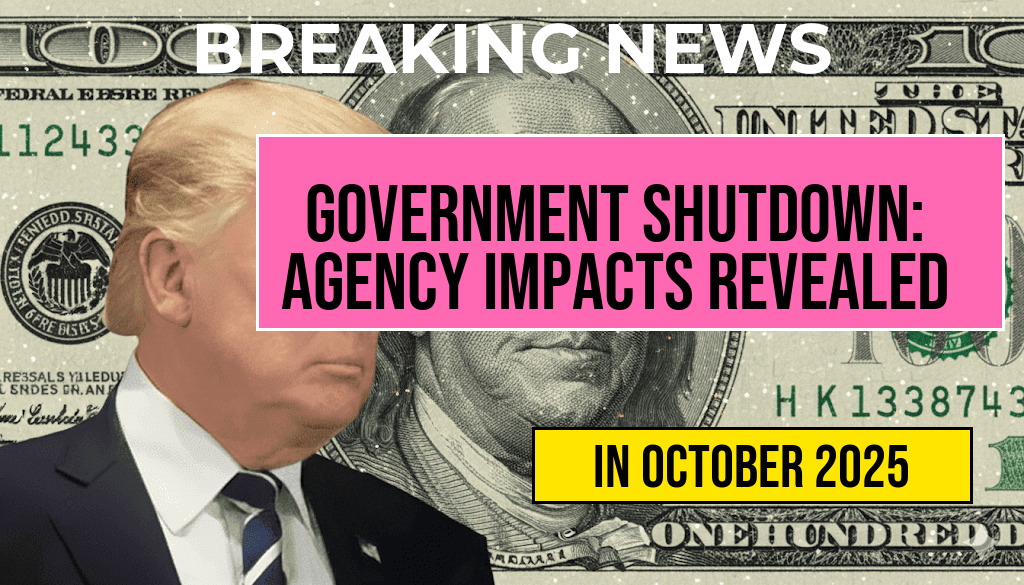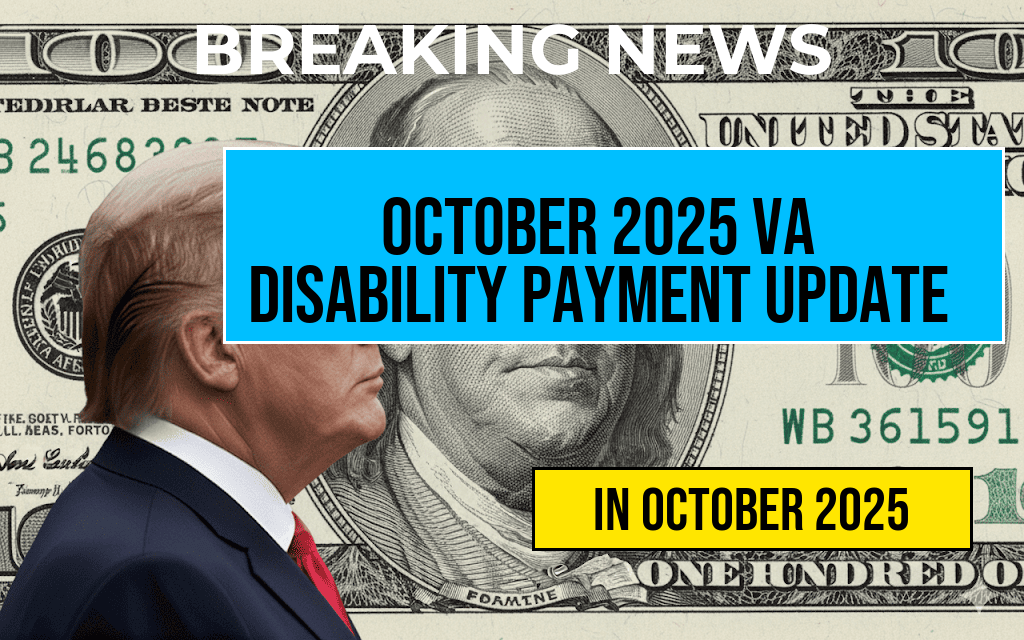As the federal government enters a shutdown, millions of Americans are left wondering how essential services will be impacted. With negotiations in Congress stalled, key agencies have begun to outline their operational status. This shutdown affects a wide range of services, from Social Security payments to IRS tax processing, and even national security efforts through the Department of Defense. While some agencies will continue to function with limited staff, others will halt operations entirely, leading to significant disruptions for citizens relying on government services. Understanding which agencies remain operational and which do not is crucial for planning ahead in these uncertain times.
Operational Status of Key Federal Agencies
| Agency | Status | Notes |
|---|---|---|
| Social Security Administration | Operational | Payments will continue; limited staff. |
| Internal Revenue Service (IRS) | Limited Operations | Tax refunds may be delayed. |
| Department of Defense | Operational | Essential personnel will remain on duty. |
| Transportation Security Administration (TSA) | Operational | Security screening will continue. |
| National Parks | Closed | All national parks will be inaccessible. |
| Federal Courts | Operational | Cases will continue, but jury trials may be impacted. |
Social Security and Disability Payments
The Social Security Administration has confirmed that it will continue processing payments during the shutdown. Beneficiaries can expect their regular payments without disruption. However, services that require in-person visits may be limited, and processing times for new claims could be extended due to reduced staff availability.
Impact on the IRS
The IRS is facing challenges during this shutdown, as many of its operations are considered non-essential. Tax refund processing will be significantly impacted, leading to potential delays for taxpayers expecting their refunds. While taxpayers can still file their returns electronically, the agency will not be able to provide the usual level of support and assistance.
Defense and National Security Operations
The Department of Defense remains operational, with essential personnel continuing their duties. Military operations will not be affected, ensuring that defense readiness and national security measures are maintained. Personnel deployed overseas or engaged in critical operations will not face interruptions in pay or support.
Transportation and Airport Security
The Transportation Security Administration (TSA) will continue to operate during the shutdown, ensuring the safety of air travel across the nation. However, travelers should be aware that some customer service lines may experience longer wait times, and a reduction in non-essential personnel may lead to slower processing at security checkpoints.
Federal Courts and Legal Services
Federal courts will remain open, and legal proceedings will continue as scheduled. However, jury trials may face delays due to limited administrative staff. The court system is designed to handle essential functions, but those relying on timely resolutions may experience longer wait times.
National Parks and Recreational Areas
Visitors hoping to enjoy the nation’s scenic landscapes will be disappointed, as national parks will close their gates. The shutdown halts all recreational services, which includes camping, hiking, and visitor centers. Those with reservations in national parks will need to adjust their plans accordingly.
Conclusion
The current government shutdown poses significant challenges for many Americans, with varying impacts across federal agencies. While essential services like Social Security and defense operations continue, others like the IRS and national parks face substantial disruptions. As the situation evolves, taxpayers and citizens are encouraged to stay informed and prepare for potential delays in services that rely on federal support.
For ongoing updates and information regarding the government shutdown, you can visit Congress.gov or check the latest updates from [Forbes](https://www.forbes.com). For details about Social Security payments, refer to the Social Security Administration’s official website.
Frequently Asked Questions
What is a government shutdown?
A government shutdown occurs when Congress fails to pass sufficient funding for government operations and agencies, leading to a temporary cessation of non-essential services.
Which agencies are affected by the current shutdown?
The current shutdown impacts several agencies, including the IRS, Social Security, Department of Defense, and TSA, with a detailed breakdown of who is working and who is not available in the article.
Are essential services still available during the shutdown?
Yes, essential services such as national security and public safety will continue to operate, but many other services may be limited or halted, depending on the agency’s funding status.
How does the shutdown affect Social Security payments?
During the shutdown, Social Security payments will continue, but new applications and certain related services may experience delays or interruptions.
What should I know about filing taxes during a government shutdown?
The IRS may have limited operations during a government shutdown, which could lead to delays in processing tax returns and issuing refunds. It’s crucial to check for updates if you plan to file during this time.











